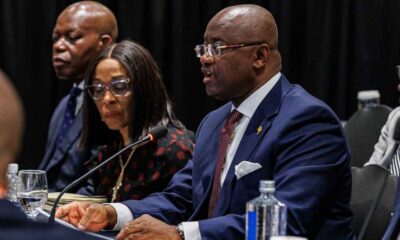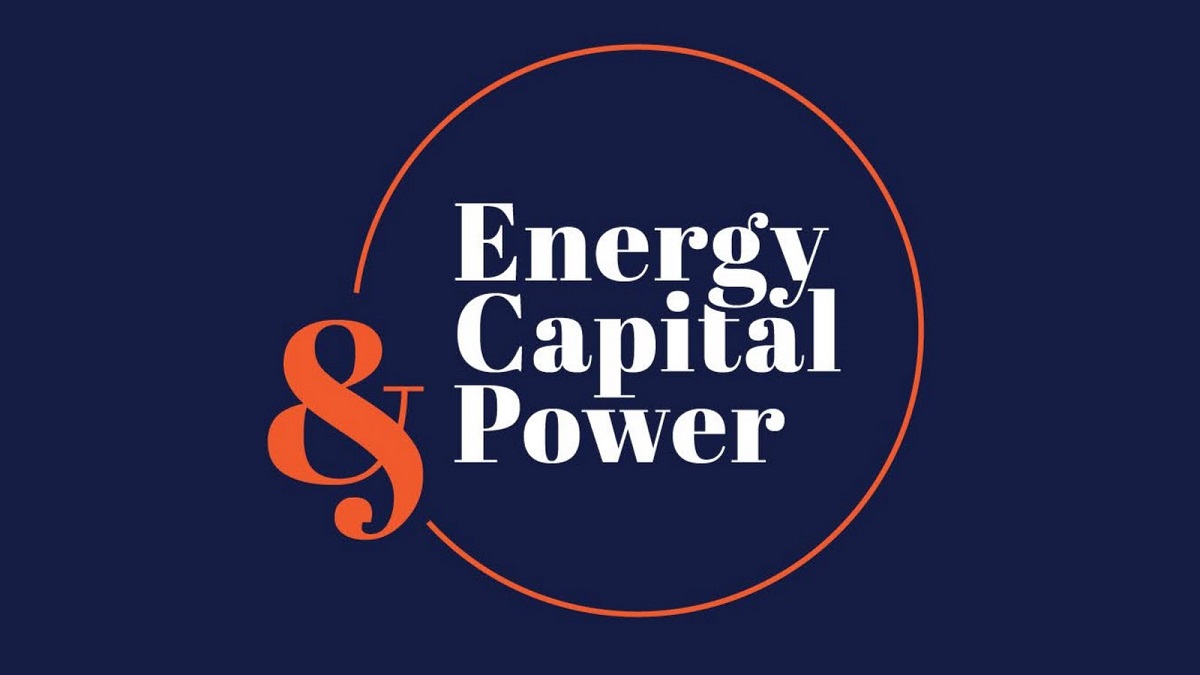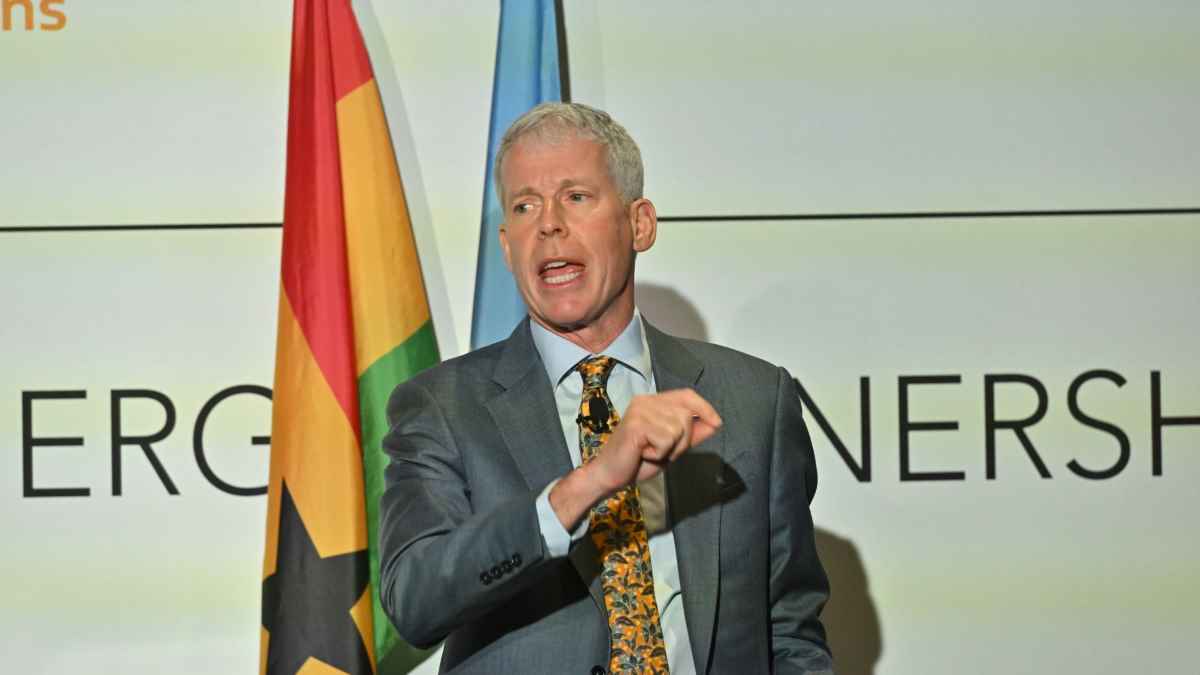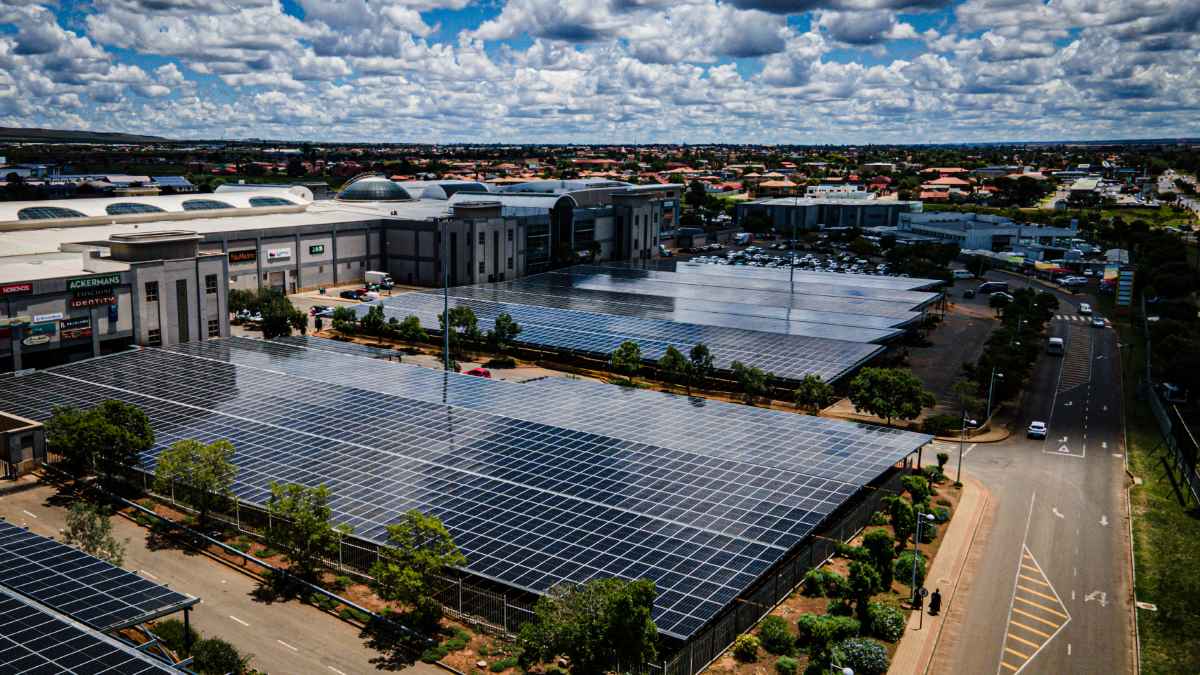Gabon is seeking to attract an influx of private capital and participation on the back of fortified infrastructure, greater financial inclusion of SMEs and the establishment of public-private partnerships
LIBREVILLE, Gabon, May 25, 2023/APO Group/ —
With its economic indicators showing clear signs of recovery, and the current Parti Démocratique Gabonais (PDG) set to retain power after this year’s elections, Gabon’s economic plans (https://apo-opa.info/3q5SqcV) are moving ahead at full speed.
Under its 2025 Plan for an Emerging Gabon (PSGE), the country is seeking to facilitate the influx of private capital and participation in both the hydrocarbons value chain and diversified industrial base, leveraging private sector growth to fuel diversification into non-oil sectors like gas, infrastructure, timber, ecotourism and mining.
The cornerstone of these plans are ongoing initiatives to develop more resilient infrastructure, improve the ease of doing business and support training and education, all in a bid to make it more attractive for private investors to enter and operate in Gabon.
Gabon has implemented wide-ranging legal and regulatory reforms to make its operating environment more conducive to new investment
Despite the country’s largest industry – oil – being the source of asphalt, and its second-largest industry – logging – being dependent on roads, Gabon has limited physical infrastructure outside of a few urban centers, leaving much of the country cut off from industrialized growth and inhibiting connections to water and electricity. To address this problem, the government is seeking to unbundle the Gabon Energy and Water Company (SEEG) and deregulate the utilities sector, allowing private players to enter the market and improving access by households and businesses. The government also created its first special economic zone (SEZ) at Nkok near the deep-sea port of Owendo, providing access to water and electricity and on-site legal and financial services to local and foreign investors. Last April, plans were announced for a third such zone in the south-eastern province of Haut-Ogooué, specifically aimed at attracting investment in agriculture, forestry and mining, promoting economic diversification, boosting exports, and generating up to 4,000 jobs in the underdeveloped south of the country.
The Gabonese government has also been working collaboratively with the private sector to improve the ease of doing business, setting up a network of business incubators that assist entrepreneurs with feasibility studies, market studies, business plans, accounting and vocational training (https://apo-opa.info/3qeyu7W), as well as providing qualified access to capital by bringing together project leaders and potential investors. To consolidate these gains and prepare younger generations for a more economically integrated future, the Multisectoral Center for Vocational Education and Training (CIMFEP) was launched in 2021 to match local skills with the projected needs of private sector diversification. The program has been lauded by the United Nations as being aligned with its own recommendations about how best to aid the development and diversification of Central African economies.
In addition to these initiatives, Gabon has implemented wide-ranging legal and regulatory reforms to make its operating environment more conducive to new investment. For example, Gabon’s Ministry of Oil, Gas, Hydrocarbons and Mines worked hand in hand with International Oil Companies (IOCs) in revising the Hydrocarbons Code (https://apo-opa.info/3oIPjqD) to improve fiscal terms and optimize performance of the sector. The resulting New Hydrocarbons Code (2019) reduced government participation and royalties in production sharing contracts, as well as stipulated that local oil and gas service providers should be given preference when tendering work in logistics and supplies, giving them valuable access to income, technology and skills development. Not only did the revised code renew interest from IOCs in Gabon’s upstream landscape, but it also demonstrated the value of private-public sector collaboration in driving new investments.
These efforts to facilitate partnerships between the state and the private sector seem to have paid off: Gabon has launched several public-private partnerships (PPPs) in the realm of power and utilities, including a recent MOU signed between Gabon Power Company and independent oil and gas company Perenco for the construction of a gas-fired power plant in Mayumba. Under the agreement, the two companies will jointly develop the plant, which will produce gas from Perenco’s nearby offshore oil and gas fields to electrify 80,000 households in Gabon’s southern provinces. Initiating collaboration through PPPs can be an effective way tomobilize financing and distribute risk among multiple parties. In addition, these partnerships garner multi-faceted governmental support and formalized energy development plans, while capitalizing on free-market expertise and competition required to operate the project from a technical standpoint. The success of PPPs in Gabon’s utilities space, along with ongoing reforms to improve the ease of doing business, are highly anticipated to drive private sector growth in the country in the coming decade.
All this and more will be further unpacked in Energy Capital & Power’s upcoming market report, Energy Invest Gabon. Keep following for more information about this exciting report!
Distributed by APO Group on behalf of Energy Capital & Power.


 Business9 hours ago
Business9 hours ago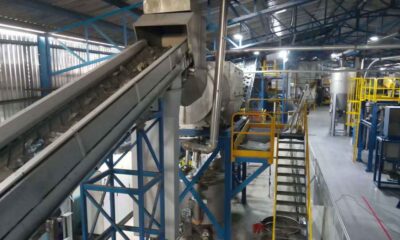
 Business9 hours ago
Business9 hours ago
 Business9 hours ago
Business9 hours ago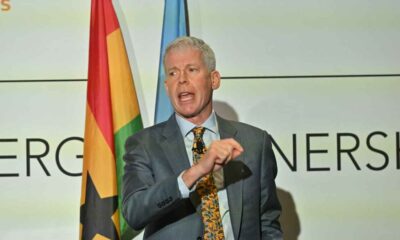
 Energy9 hours ago
Energy9 hours ago
 Events9 hours ago
Events9 hours ago
 Business9 hours ago
Business9 hours ago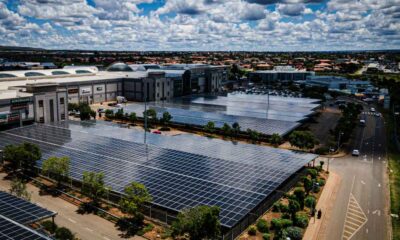
 Business9 hours ago
Business9 hours ago
 Business9 hours ago
Business9 hours ago





